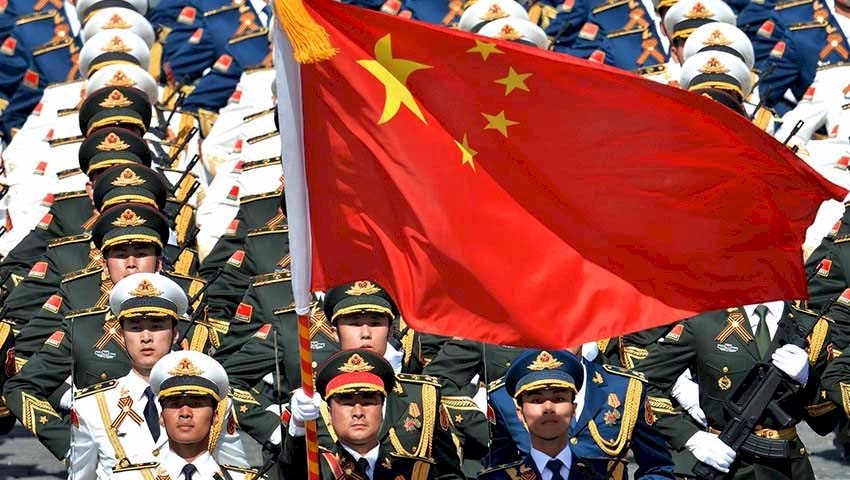Australia and its allies must “harness their collective clout” to thwart the CCP’s attack on the global rules-based order, one Lowy Institute analyst observes.
According to Richard McGregor, senior fellow at the Lowy Institute, Australia and its “like-minded” allies must revisit their collective response to the growing threat posed by President Xi Jinping’s China.
McGregor claims that Western powers have been guilty of employing a disjointed strategic approach, which often fails to address non-military threats posed by Beijing.
The Lowy analyst points to the shared economic pain inflicted on Australia and South Korea, which their strong ties to the US failed to alleviate.
“This is just as China intends, of course. Beijing is a master at pursuing political gains under the threshold of conflict, as it did with the construction of artificial islands in the South China Sea in 2014,” he writes.
“In such an environment, the issue that still gets raised in Australia – will the US come to our defence under the Australia, New Zealand, United States Security Treaty if we are attacked? – is not only the wrong question, it is all but irrelevant.
“The real question that is exercising policymakers, in Washington and Canberra and elsewhere, is how to make alliances and partnerships fit for purpose in the new era of Chinese power?”
McGregor states that while the military domain remains essential to the overall response, like-mined nations should co-ordinate to “develop counter-leverage outside of direct military conflict”.
“Otherwise, China will be able to do what it is doing now – pick off countries which displease it one by one, without incurring any costs along the way,” he adds.
The Lowy Institute observer notes that the interests of allies have often diverged, with some nations benefiting economically from trade tensions between their partners and Beijing.
“American farmers have stepped in to fill some of the gaps left by Australian crops and produce over the past year. In China, the fall in sales of South Korea’s Hyundai cars lifted the US auto joint ventures,” he writes.
“Canadian miners helped fill the gap left by the bans on Australian coal going into China. French, Chilean and South African winemakers have rushed to fill the gap left by the blocking of Australian imports.
“The world might be dividing into two geopolitical camps aligned with the US and China. It is still far from willing and able, though, to operate in two separate commercial realms.”
But McGregor claims that like-minded countries “still have enormous clout” if harnessed collectively.
“That is already evident in security, with the Quad countries – the US, Japan, India and Australia – rapidly building the fledgling group into an organisation with a common purpose and a blueprint for action,” he continues.
“On human rights, the US, Canada, Australia and the UK are co-ordinating on issues such as Xinjiang and Hong Kong.”
McGregor adds that Western allies must now focus on strengthening economic co-operation to ensure that nations like Australia are not debilitated by Beijing’s economic bullying.
“Beijing’s diplomats have already been puzzled and annoyed by an increasing number of countries raising with them China’s treatment of Australia,” he notes.
“Taking it to the next level – finding mechanisms to offer a sanctioned ally or partner some measure of concrete support – is the subject of a flurry of conversations between like-minded countries around the world.”
McGregor concludes: “In China in recent months, a confident new phrase has gained popularity, about how, in the words of Chen Yixin, a Politburo member and Xi Jinping confidant, ‘the rise of the East and the decline of the West has become (a global) trend’.
“The Chinese leadership believes the world is moving its way. And they’ll be right, unless other countries bind together to test the proposition.”
Get involved with the discussion and let us know your thoughts on Australia's future role and position in the Indo-Pacific region and what you would like to see from Australia's political leaders in terms of partisan and bipartisan agenda setting in the comments section below, or get in touch with






